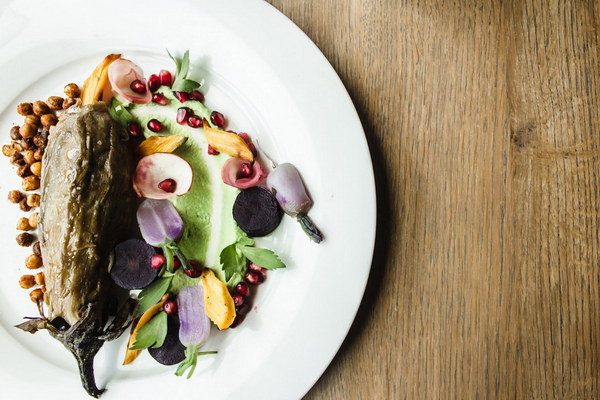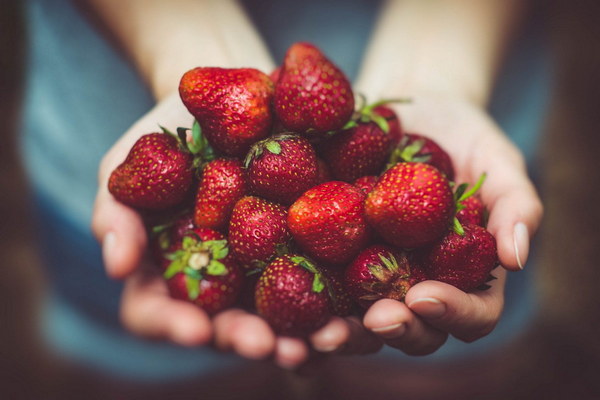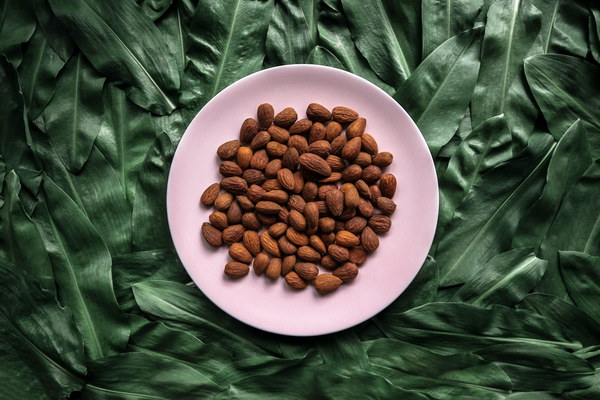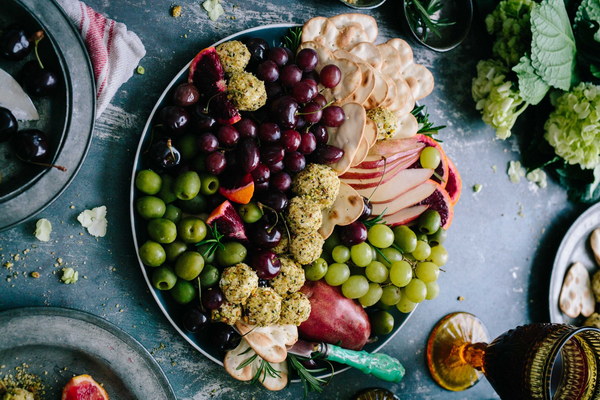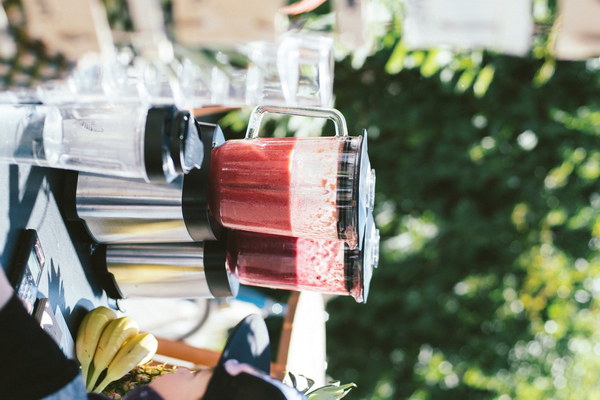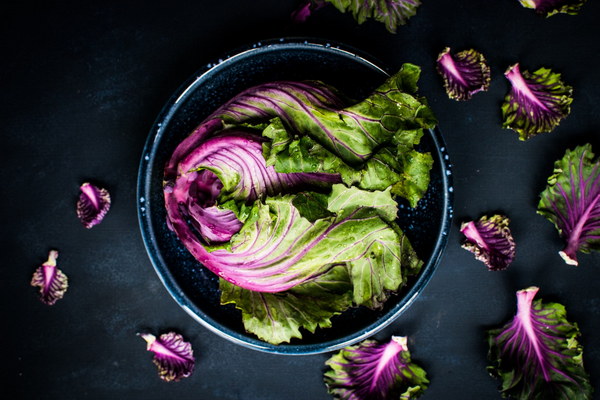Unlocking the Secrets of Elderly Tonification A Comprehensive Guide to Nutritious Foods
As we age, our bodies undergo numerous changes that can affect our overall health and well-being. One of the most significant aspects of maintaining good health in our golden years is through proper nutrition. Elderly tonification, also known as senior nourishment, is the practice of consuming specific foods and nutrients to support and enhance our body's functions. This article will delve into the world of elderly tonification, offering insights into the best foods and nutrients to support a healthy, vibrant, and active lifestyle in our later years.
Introduction:
Elderly tonification is based on the principle that certain foods can help to boost the body's immune system, improve energy levels, and enhance longevity. These foods are rich in essential nutrients, such as vitamins, minerals, antioxidants, and amino acids, which are crucial for maintaining the body's balance and promoting overall health.
1. The Importance of Nutritious Foods for Seniors:
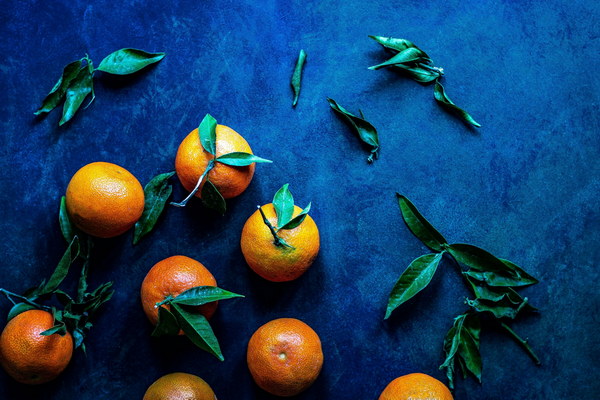
As we age, our bodies become less efficient at absorbing nutrients from food. This is why it's essential to focus on nutrient-dense foods that provide a wide range of vitamins, minerals, and antioxidants. These nutrients help to strengthen the immune system, reduce inflammation, and improve cognitive function.
2. Top Foods for Elderly Tonification:
a) Berries: Berries, such as blueberries, strawberries, and raspberries, are packed with antioxidants that can help to reduce oxidative stress and inflammation in the body. They also contain vitamin C and fiber, which can support heart health and digestion.
b) Leafy Greens: Dark leafy greens, such as spinach, kale, and Swiss chard, are rich in vitamins A, C, K, and iron, which are essential for healthy bones, vision, and blood circulation.
c) Nuts and Seeds: Almonds, walnuts, chia seeds, and flaxseeds are excellent sources of healthy fats, protein, and fiber. These nutrients can help to reduce cholesterol levels, improve heart health, and support brain function.
d) Fish: Fish, particularly fatty fish like salmon, mackerel, and sardines, are rich in omega-3 fatty acids, which can help to reduce inflammation, improve brain health, and support heart health.
e) Eggs: Eggs are an excellent source of protein, vitamins D, B12, and folate, as well as choline, which is essential for brain health. The yolk also contains lutein and zeaxanthin, which can support eye health.
f) Garlic: Garlic is known for its immune-boosting properties and has been shown to reduce the risk of heart disease and certain cancers. It also contains allicin, a compound that can help to lower blood pressure and improve cholesterol levels.
g) Ginger: Ginger is a powerful anti-inflammatory and can help to alleviate nausea, reduce pain, and improve digestion. It also has anti-cancer properties and can help to lower blood sugar levels.
3. Incorporating Elderly Tonification into Your Diet:
To maximize the benefits of elderly tonification, it's essential to incorporate a variety of nutrient-dense foods into your diet. Here are some tips for doing so:
a) Eat a colorful array of fruits and vegetables, ensuring you get a wide range of vitamins and minerals.
b) Include healthy fats from nuts, seeds, and fatty fish in your diet.
c) Consume a variety of whole grains, such as brown rice, quinoa, and oats, to provide fiber and essential nutrients.
d) Limit processed foods and sugary snacks, which can contribute to inflammation and chronic diseases.
Conclusion:
Elderly tonification is a valuable practice that can help seniors maintain good health and enjoy a high quality of life. By incorporating nutrient-dense foods into your diet, you can support your body's functions and enhance your overall well-being. Remember to consult with a healthcare professional before making any significant changes to your diet, especially if you have existing health conditions. With the right approach, you can unlock the secrets of elderly tonification and age gracefully.
